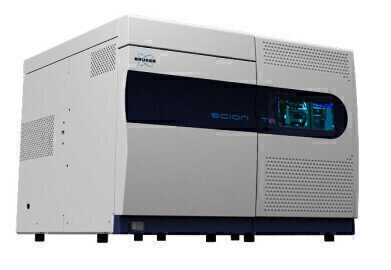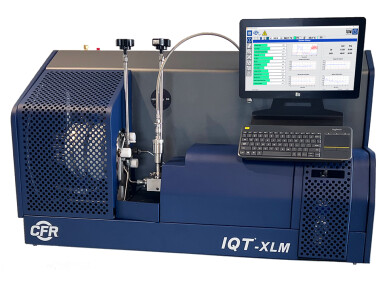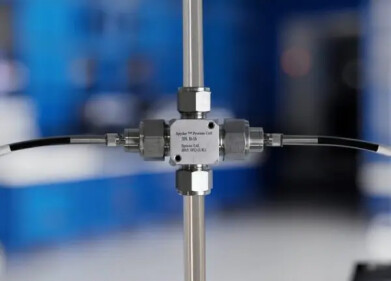Analytical Instrumentation
Focusing on Your Success for over 50 years
May 21 2014
Whether you are involved in crude oil refining, natural gas production or one of the myriad of petrochemical processing or alternative fuel companies, being able to reliably identify and quantify organic and inorganic components is at the core of your ability to get your job done confidently day after day.
Bruker recognises this and we have made a commitment to customers to provide the broadest array of state-of-the-art analytical chromatography solutions possible to meet or exceed your needs, be they simple or highly complex. A wide range of GC Analyser solutions to meet industry standard performance requirements for a variety of widely used methods (ASTM, UOP, EN, ISO and GPA). For more information check out Bruker’s HPI dedicated website.
Fast Extended Gas Analysis
New developments in GC technology are providing dramatic improvements to traditional GC analytical methods. The Bruker Gas Chromatograph hardware offers the analyst the ability to fully utilise smaller ID columns to shorten run times. In addition, recently released certification for the Bruker GC allows the safe use of alternative carrier gases such as hydrogen to further improve analysis speed and resolution while saving costs. Updated valve plumbing configurations reduce the number of flow controls and simplify the overall GC hardware, providing improved throughput and analysis flexibility. Using a narrow bore column with hydrogen carrier and rapid column temperature programming, run time can be reduced from over 30 minutes to less than 10 minutes with no loss in resolution or detection. For more information on fast extended gas analysis and application notes click here.
Converting GC & GC-MS Methods from Helium to Hydrogen Carrier Gas – More than Just Changing the Cylinder
In recent years, the gap between the supply and demand for helium gas has become increasingly tight. Shortages have forced facilities to ration use or even shut down. Helium has gone up in price by a factor of four from 2000 to 2012, and is expected to increase at a rate of 5 to 20% per year. Under these conditions, laboratories have considered hydrogen as an alternate carrier gas in GC-MS. Hydrogen is a low cost, renewable resource that can be generated on demand, offering the advantages of a high diffusion coefficient, low viscosity and low density with the flattest Van Deemter curve for fast and efficient separations.
However, converting GC and GC-MS methods to hydrogen carrier gas can present challenges in terms of laboratory safety, reactivity/absorption in both the injector and ion source, and decreased sensitivity. Some practitioners have tried connecting a hydrogen line to their GC-MS systems without making any changes to the method, only to find high background, poor chromatography, and severe mass spectral distortions, prompting them to abandon the endeavor. The Bruker SCION TQ with Helium-Free package allows the user to operate safely with hydrogen carrier with minimal loss of sensitivity or spectral distortion. The unique axial ion source design with large turbo pumps are ideal for this low viscosity gas.
Digital Edition
PIN 25.5 Oct/Nov 2024
November 2024
Analytical Instrumentation - Picturing Viscosity – How Can a Viscometer or a Rheometer Benefit You? - Sustainable Grease Formulations: Evaluating Key Performance Parameters and Testing Method...
View all digital editions
Events
Dec 03 2024 Dusseldorf, Germany
Dec 08 2024 Anaheim, CA, USA
Turkey & Black Sea Oil and Gas
Dec 11 2024 Istanbul, Turkey
Dec 19 2024 Aurangabad, India
Jan 20 2025 San Diego, CA, USA





















